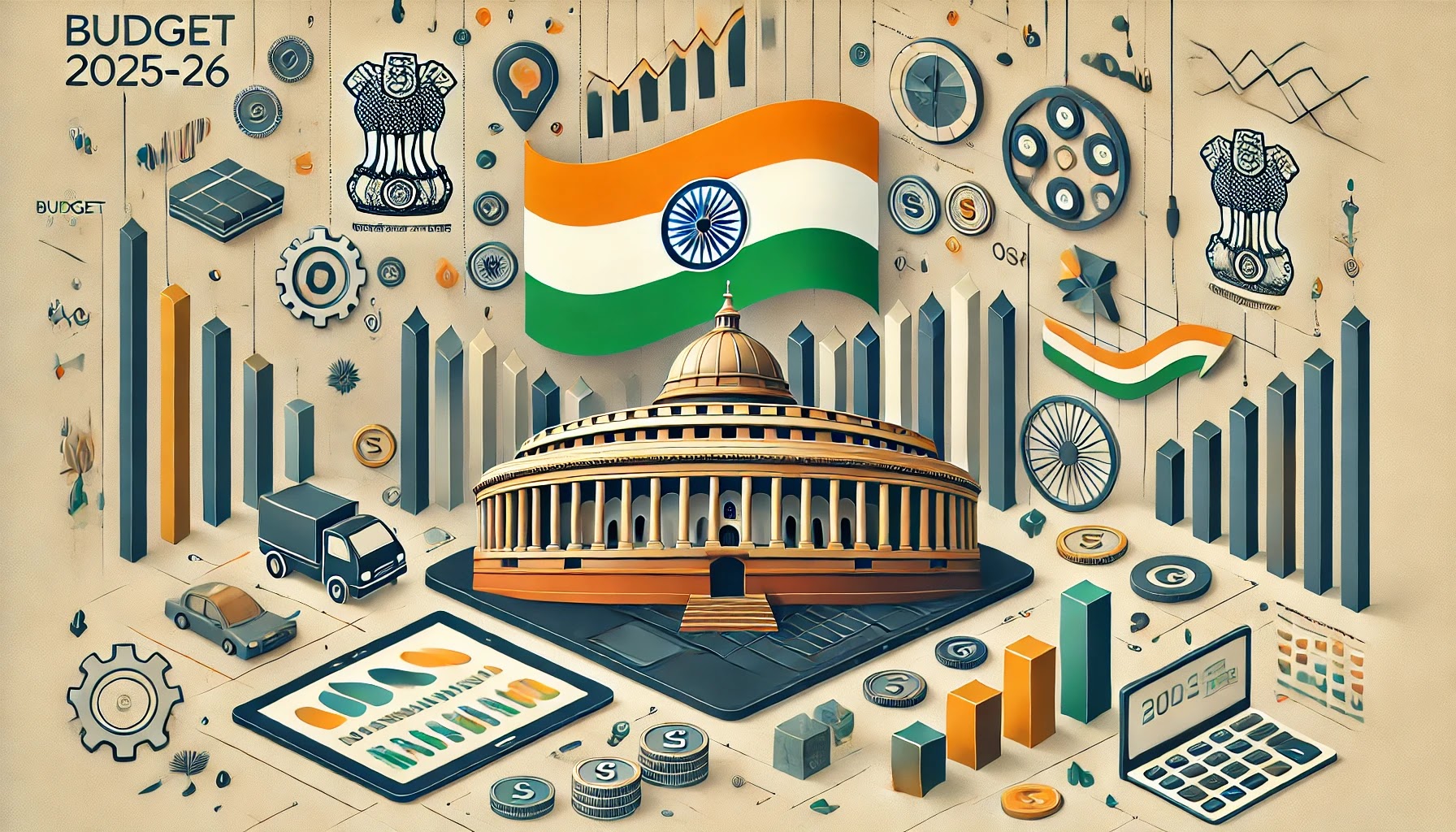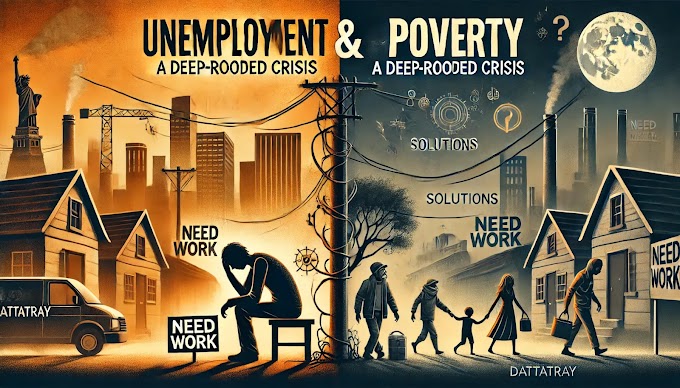Universal Basic Income (UBI): A Policy for the Future?
The concept of Universal Basic Income (UBI) has been gaining significant traction in recent years. Proposed as a solution to the challenges of poverty, inequality, and a rapidly changing job market, UBI has sparked heated debate among economists, policymakers, and the public alike. But what exactly is UBI, and could it be a viable policy for the future?
What is UBI?
UBI is a social welfare program that proposes to provide all adult citizens with a regular, unconditional cash payment. Unlike traditional welfare programs, UBI comes with no means test. Everyone receives the same amount, regardless of their income or employment status.
The Potential Benefits of UBI
Proponents of UBI argue that it offers a multitude of benefits:
- Poverty Reduction: A guaranteed income would provide a safety net for the most vulnerable, lifting people out of poverty and reducing income inequality.
- Increased Economic Security: Knowing they have a basic income could empower people to pursue education, start businesses, or care for family members without fear of financial hardship.
- Stimulating the Economy: By increasing disposable income, UBI could boost consumer spending and economic activity.
- A More Just Society: UBI could promote a fairer system where everyone has the basic means to live with dignity, regardless of their circumstances.
The Concerns and Challenges
Despite its potential benefits, UBI also faces significant challenges:
- Cost: Providing a UBI to every citizen would be a massive undertaking, requiring significant government expenditure. Funding sources would need to be identified, potentially leading to higher taxes.
- Disincentive to Work: Some critics argue that UBI could discourage people from working, especially if the basic income is high enough to meet essential needs.
- Inflation: A sudden influx of cash into the economy could lead to inflation, potentially eroding the value of the basic income.
The Road Ahead
The debate surrounding UBI is complex, with valid arguments on both sides. Several pilot programs are underway worldwide to test the feasibility and impact of UBI in real-world settings. The results of these studies will be crucial in informing future policy decisions.
Is UBI a guaranteed path to a better future?
There's no easy answer. UBI requires careful consideration of its potential benefits and drawbacks within the specific context of a nation's economy and social fabric. However, by fostering open discussion and experimentation, we can determine whether UBI can play a role in building a more equitable and secure future for all.
What do you think? Would UBI be a positive force in your country? Share your thoughts in the comments below!
.png)





.png)



.png)


0 Comments